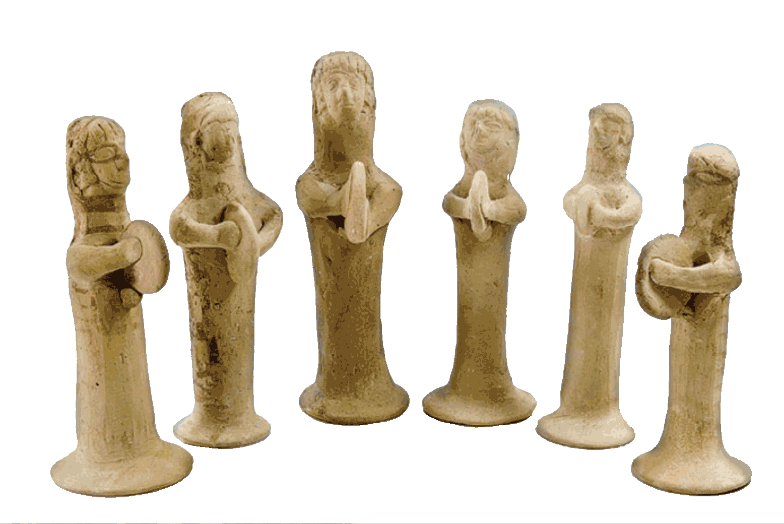Articles
«A Special Kind of Antisemitism»: On Russian Nationalism and Jewish Music
In 1958, on the fiftieth anniversary of the founding of the Society for Jewish Folk Music, the composer Solomon Rosowsky published a short memoir, in which he recalled a joke from his student days a half century earlier: “Why are there so many Jewish students at the St. Petersburg Conservatory? Because it is the only school in the Russian Empire with a quota for non-Jewish students.”Rosowsky’s joke was pure hyperbole. But it stemmed from a strange fact. On the eve of World War I, over 50% of the St. Petersburg Conservatory student body, or roughly 1200 students, were Jewish. This was at a time when Jews formed roughly four percent of the total Russian imperial population and stringent admissions quotas limited the total official Jewish student percentage in other Russian university-level educational institutions to 7.3 percent (about 2500 students). The statistical disparity effectively meant that nearly one in every three Jewish university-level students in the late Russian Empire was a musician at the St. Petersburg Conservatory. While the rest of the Russian educational world strenuously denied Jews entry, Russia’s greatest musical academy welcomed them with open arms.
Articles
Hatikvah: Conceptions, Receptions and Reflections
If you have ever searched for Hatikvah online, you were surely exposed to a barrage of factual and fictional information that, in the Internet Age, circulates virally in diverse variants, dosages and combinations ad nauseam.[c1] These writings and their indiscriminating viral spread tell us more about the speculators and reproducers of these stories than they do about the song’s actual historical past. Untangling these stories behind the story of Hatikvah is the core of this essay. For Hatikvah both is and is not what you think. It does not derive from Smetana nor from a Sephardic prayer. And an early Zionist pioneer did not compose it spontaneously. Nor did it become the national anthem of the State of Israel until very recently.




